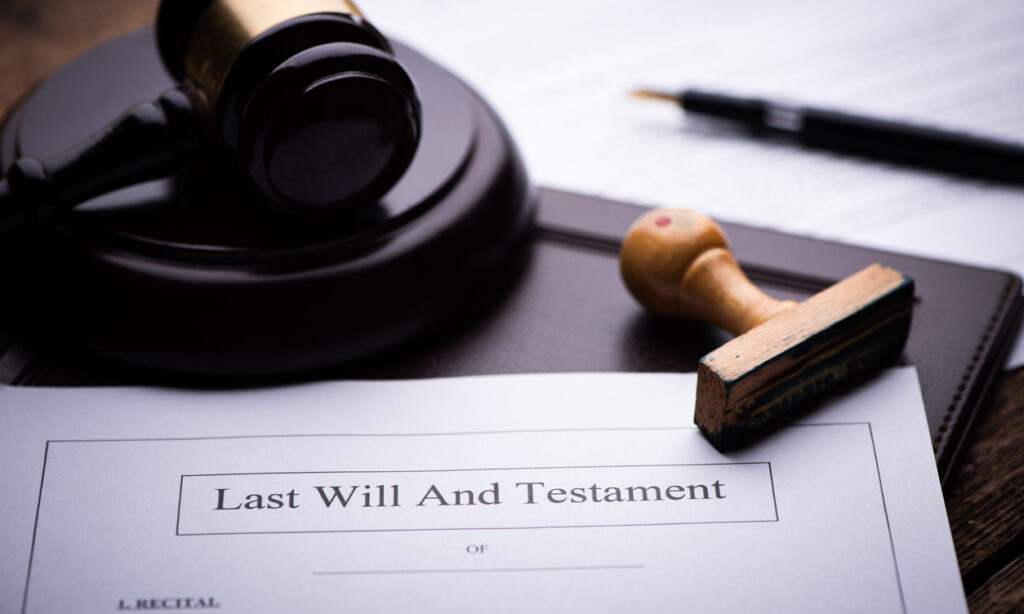We know it can be an extremely emotional and distressing time when someone dies. It can be difficult to know exactly what you need to do and where to start.
Here we outline the practical things that you will need to do following someone’s death:
1. Register the death
Registering the death is one of the first things you will need to do. In England and Wales this needs to be done within five days of the death itself (or within eight days if in in Scotland), unless an inquest and/or post mortem is necessary. The death will need to be registered at the registry office in the area in which the death occurred – you can find the nearest office on the gov.uk website.
Once you have registered the death, you will be issued with registrar copies of the death certificate. We recommend you purchase as many copies of the death certificate that you think you will need at this stage.
You will need to register the death before a funeral can take place.
2. Inform family and friends of the death
Telling people about a death can be emotionally tiring, especially if you choose to tell them in person. You can place an obituary in the local paper.
After informing family and friends you will also need to contact any other relevant organisations, such as the deceased’s bank or other financial providers. For anything relating to government services (such as their state pension, local council benefits, passport and driving licence) you can use the government’s Tell Us Once service, which lets you report a death to most government organisations in one go. The registrar will provide you with the details of the Tell Us Once service when you register the death.
3. Make the funeral arrangements
If you are aware of any of the deceased’s wishes in this regard, follow them as best you can. They may have discussed these with you before they died or may have outlined specific instructions, such as whether they wanted a burial or cremation, in their will. They may have a prepaid funeral plan.
4. Secure the deceased’s property
If the deceased owned a property, which is now unoccupied, ensure it is secured. More importantly, ensure it is also adequately insured – the deceased’s insurer must be notified of their death and be advised if the property is unoccupied. You may also want to ensure the main services (gas, electric, water, etc.) are safe, and have mail delivery stopped or re-directed if necessary.
5. Establish the whereabouts of any current will
If you’re aware that the deceased made a will then you will need to obtain a copy of this to confirm who the named executors are.
If there is no will, or there is no valid appointment of an executor, then you may be able to administer the estate as an administrator. By default, is there is no will in place then the intestacy rules will apply. A solicitor will be able to advise you about this.
Read more about the importance of making a will in ensuring assets pass into the right hands.
6. Gather information that will help you with administering the estate
Generally, you will need a solicitor to help you with the administration of the deceased’s estate. They will help with things such as obtaining the Grant of Representation (probate), calculating any tax liabilities, and ultimately, distributing the estate to the correct beneficiaries.
Read more about the process of administering an estate.
It is the executor’s responsibility to ensure that the solicitor has all the information and documentation they will need. As a starting point, we suggest gathering the following information:
- Certified copies of the death certificate (more than one if possible);
- A copy of the will (if there is one);
- The original house deeds (if the deceased owned a house or details of the lender if the property is mortgaged);
- Bank statements and building society passbooks (including details of any joint accounts);
- Details of any PEPs, ISAs and stocks and shares (including the share certificates);
- Life assurance policies;
- Names and addresses of the deceased’s accountant, stockbroker and/or financial advisor (if any);
- Car insurance details (if you are insured to drive the car under the deceased’s name you will cease to be legally insured);
- Household insurance details (buildings and contents);
- Department for Work and Pension benefit details;
- Utility details – gas, electric, water, telephone, internet and council tax;
- Details of the deceased’s employer and/or occupational pension(s);
- HM Revenue & Customs papers to settle the deceased’s tax affairs up to the date of death (if appropriate);
- Details of any foreign assets (e.g. time-share properties or bank accounts held in the Channel Islands); and
- Details of any property held jointly by the deceased and any other person.
We will support you and guide you through the complex process
When a loved one dies you’ll understandably want to focus and spend time with your family and friends. Therefore, our estate administration lawyers will remove some of the stresses associated with administering an estate and will, and be on hand to guide and help you with dealing with the practical and tax implications.
We are here to help – no matter when and how long you need us. Contact us today by submitting our contact form.
We can also check if we have ever prepared a will for the deceased.






